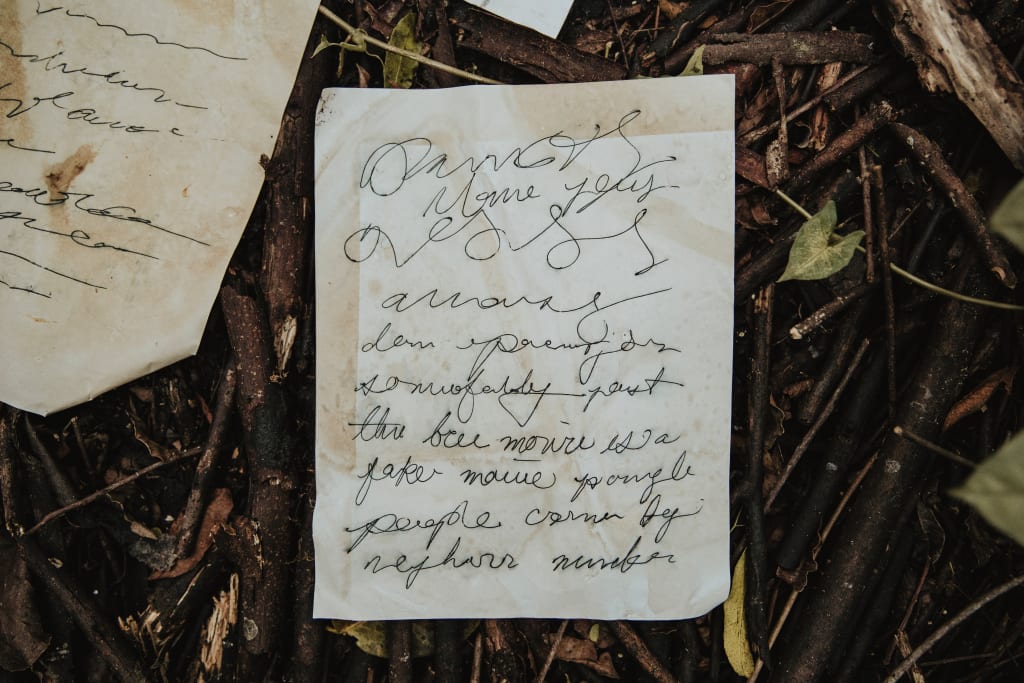A First-Timers Guide to Freelance Writing: Everything a Newbie Needs to Know
And a gentle reminder for the rest of us

Freelance writing is not a career for everyone.
These types of writers typically need to be self-motivated and disciplined to succeed at freelance work.
Freelance writers are usually paid by the hour, word, or project, making it difficult due to the potential of inconsistent income sources.
But it also offers many advantages: you can choose your own hours, have more control over your work environment, and get to be creative with your assignments.
And for first-timers, or "noobs," there are probably about 1,000 more questions you might have, from the very broad to the super-specific. Truth be told, we never truly have all the answers; we simply decide to dive right into it.
But before you dive into the deep end, there are a few key points you should know something about.
For example…
What is freelance writing?
In a vast sense, freelance writing is the profession of writing and selling articles or other commissioned pieces to media outlets, companies, or private clients.
A freelance writer usually works from home, though some may have an office in a shared working space or co-op. And yet, there are some freelance writers who travel as part of their job. Freelance writers might work for themselves or for a company that has contracted them to do freelance work. Either way, they write without the dictates of other editors and publishers.
In a very broad sense, freelance writing is variety, autonomy, and generally more money than what a usual nine-to-five gig offers.
Many freelance writing jobs contract the freelancer for a certain number of hours or word count per project - this enables them to work at their own pace and take time off when needed without having to worry that they'll be fired if they don't produce an article in a time set by a B-O-S-S. While it may seem freelancing is not always financially stable, many freelance writers make six figures every year: it all depends on how much time you're willing to commit and the amount of growth you are eager to do.
Why do freelance writers choose to work this way?
We literary vagabonds seek this path for many reasons. One reason is that it is not a career for everyone. That fact alone gives an exclusivity feeling that may not have been attainable in a traditional role.
It's alluring in its own unique way.
Digging in one level deeper, freelancing offers many advantages over working in a more controlled, writers setting: freelancers typically set their own hours, choose how much time they'll spend on specific projects (within reason), enjoy more creative freedom with assignments, and get paid by the hour rather than salary. While it may feel scary, it's actually the instability of freelance work that becomes a desirable feature because you can follow your muse from project to project, doing what you are passionate about on any given day.
Or even at any given moment.
How do freelance writers find jobs?
One can find jobs and work in a variety of ways.
Some freelance writers have websites or blogs where they list their services and offerings. In contrast, others find work by pitching articles they've written to publications and blogs that pay for content. And yet other's list their services on freelancer websites like Upwork, People Per Hour, and Fiverr, to name a few.
The incredible side effect of landing and performing on your first gig is that then you have access to one of the most powerful marketing tools around.
Word of mouth.
So if we broke this down step by step, it would look like this:
1. The freelancer lists their writing skills and rates per hour or word for potential clients to browse through.
2. Same writer post a resume with experience in the field they are looking for work in. LinkedIn is an excellent example of this.
3. Potential clients contact freelancers based on qualifications listed and shared online.
This may feel daunting right now. Maybe even like an impossibility, but if you keep it simple and stick to tactics that have worked, then you will nab that first gig.
What are some freelance writer tips for newbies?
Set an agenda and stick to it.
Not only in your work life but especially in your personal life. Finding and keeping a balance between the two may be the fine line that keeps you sane!
Do the work even when you don't feel like it.
This is what a pro does. The pro will get up and practice, practice, practice even when they just want to hit snooze.
Act like a pro.
Write every day, even if you're between assignments.
Even if you aren't working on a project, keep your writing wits sharp. Write for fun, write for life, write just because it's what you love doing but stay on your game.
Rest and take downtime; you're human after all.
Do not succumb to the lunacy of the hustle culture. Just don't. Burning yourself out doesn't help you, your dreams, or your pocketbook for that matter, and besides…
There's always going to be someone ready to step in your void.
The final word
For many of us, freelance writing is our bread and butter, so you must make sure that you're doing as much right as possible.
Whether it be the hours you work or your work-life balance, setting up your agenda for success to succeed long-term at this profession, or simply putting pen to paper on those days you don't feel like writing.
The bottom line is to establish these habits and get into a successful rhythm as soon as possible and stick to it.
And don't forget, when you're ready to make the leap, we wrote the book on it. Literally.
About the Creator
Rick Martinez
I help CEOs & entrepreneurs write & publish books that give them authority & legacy | Bestselling author | Former CEO turned ghostwriter |
California born, Texas raised.






Comments
There are no comments for this story
Be the first to respond and start the conversation.